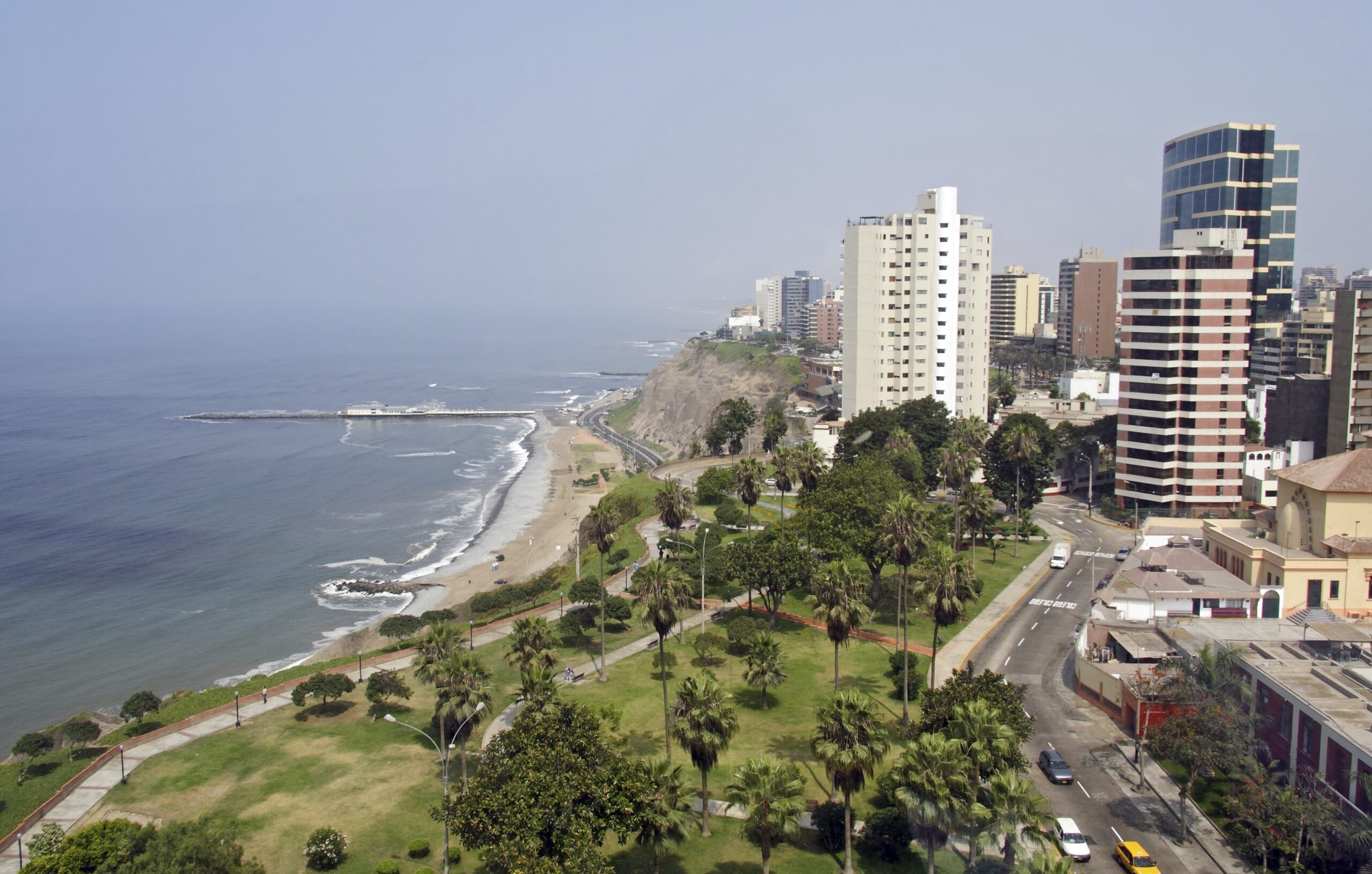For several years now, FIA members in Latin America have been collaborating actively to address the daily challenges performers are facing in a region presenting one of the highest levels of inequality worldwide. FIA-LA, the Latin American group of FIA, is also quite heterogeneous, ranging from well established workers unions in Brazil and Argentina to struggling organisations facing political and financial instability in other Spanish speaking countries.
While FIA-LA members fight to exist and organize, they know they can rely on international and regional solidarity. Brazilian union from Sao Paulo, SATED-SP, has for example been securing funds to enable the group to meet yearly around spring to discuss issues of common interest since 2014.
Furthermore, FIA-LA members gathered with UNI MEI and PANARTES members in Lima, Peru in the framework of a joint UNI-MEI / FIA-LA project co-funded by the Swedish International Trade Union Development Co-operation, LO TCO (running 2014-2016), at the end of November 2014. The project aims to foster capacity building of trade unions representing workers in the audiovisual and artistic sector in Latin America, which is witnessing a tremendous growth across all countries in the region. The seminar enabled in depth discussion between trade unions from over 12 countries from South and Central America to exchange about the current working conditions, terms for collective bargaining in film and TV productions and the scope of cross-border movement of audiovisual workers.
The project will see two major outputs: a comparative study researched by Alberto José Robles, covering 8 Latin American countries and describing the audiovisual sector and scope of trade union action, and an interactive on-line tool called SIRAT to inform cross-border workers and to support trade union cooperation to better defend the interests of the workers in the sector.
The Lima seminar is to be followed by a series of national workshops (4 in total) across different Latin American countries, starting with Colombia in May 2015, with the aim to support national trade unions in their efforts to organise workers in the audiovisual sector and to influence national audiovisual policies.
Finally, delegates from all countries also adopted the joint “Lima declaration” calling upon governments to adopt policies to end violence against workers in the sector, to improve working conditions and collective bargaining, and to defend plurality and democracy in the arts and media landscape of Latin America.





